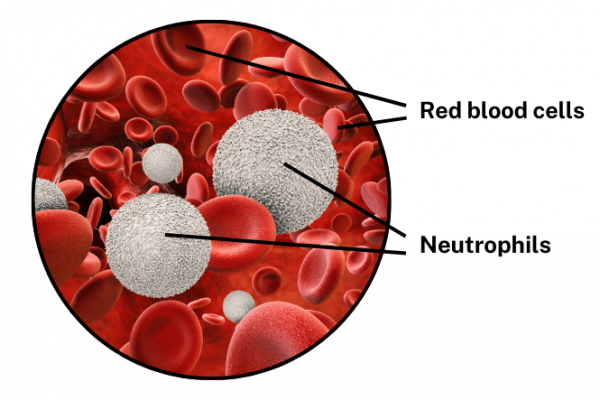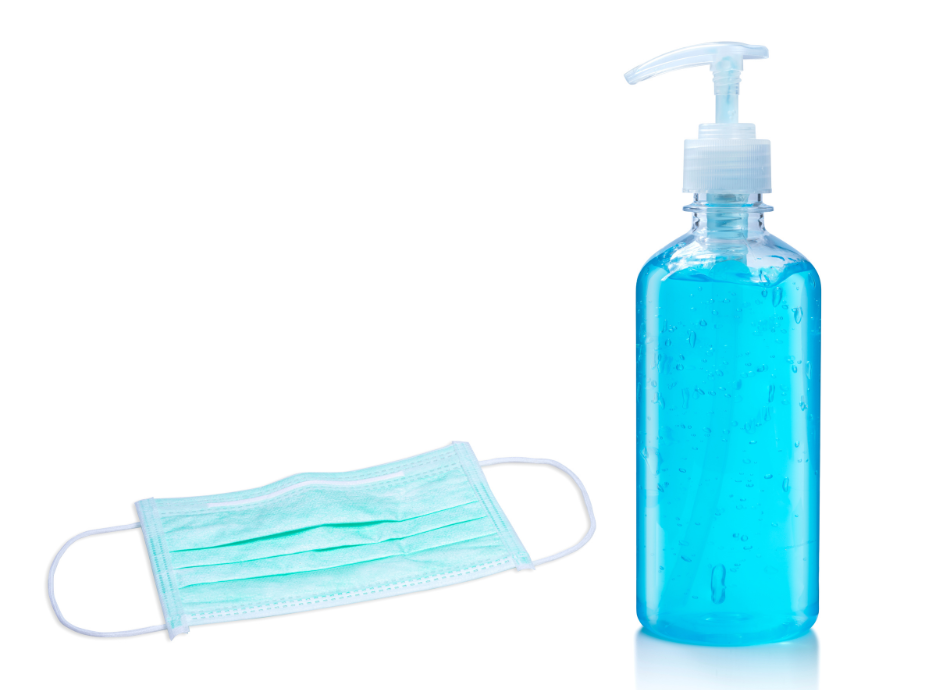Neutropenia is when you have a lower than normal number of neutrophils in your blood. Neutrophils are a type of white blood cell. White blood cells are an important part of your immune system; they help to protect your body against infections.

Image credit: Canva and Healthify He Puna Waiora
When there aren't enough white cells in your blood, you can get infections more easily. You need to take special care to avoid infections when your neutrophil count is low.
The normal count of neutrophils in the blood is between 1.5 and 5.5. A count below 1 is called neutropenia. Depending on how many neutrophils are present, neutropenia may be called mild, moderate or severe.






